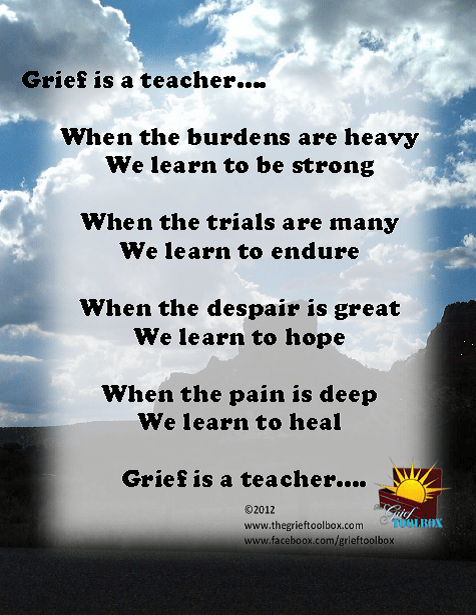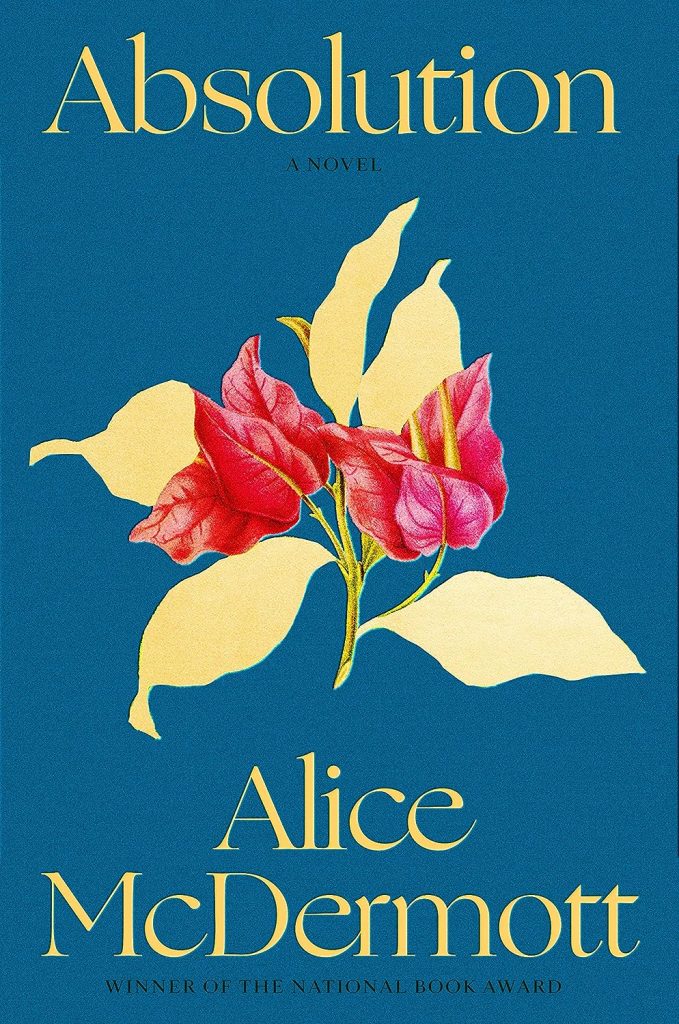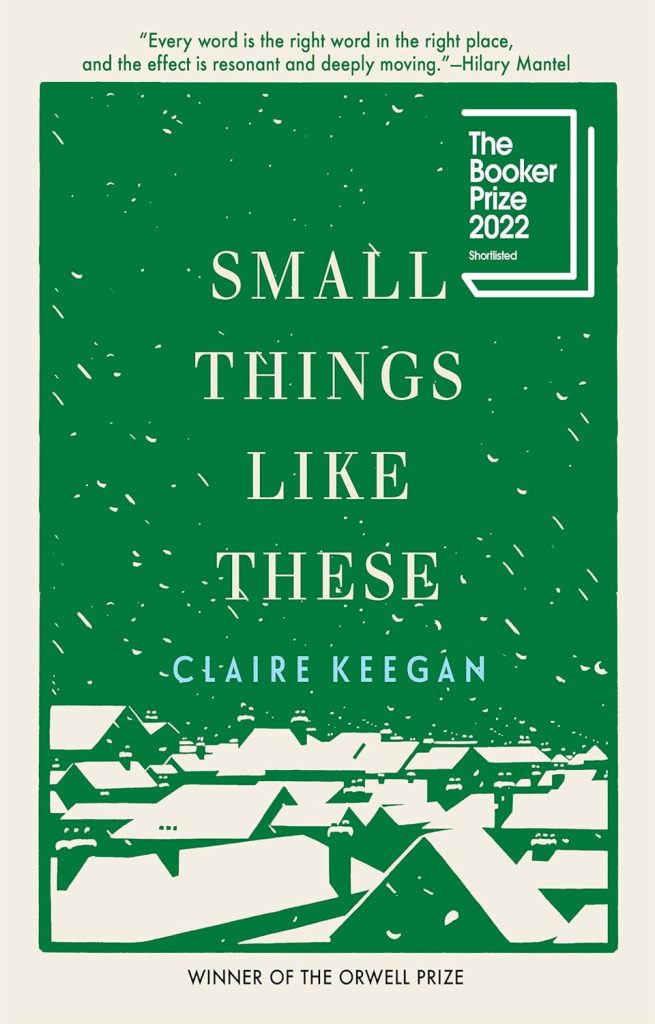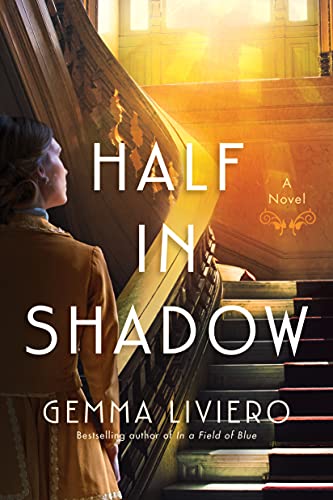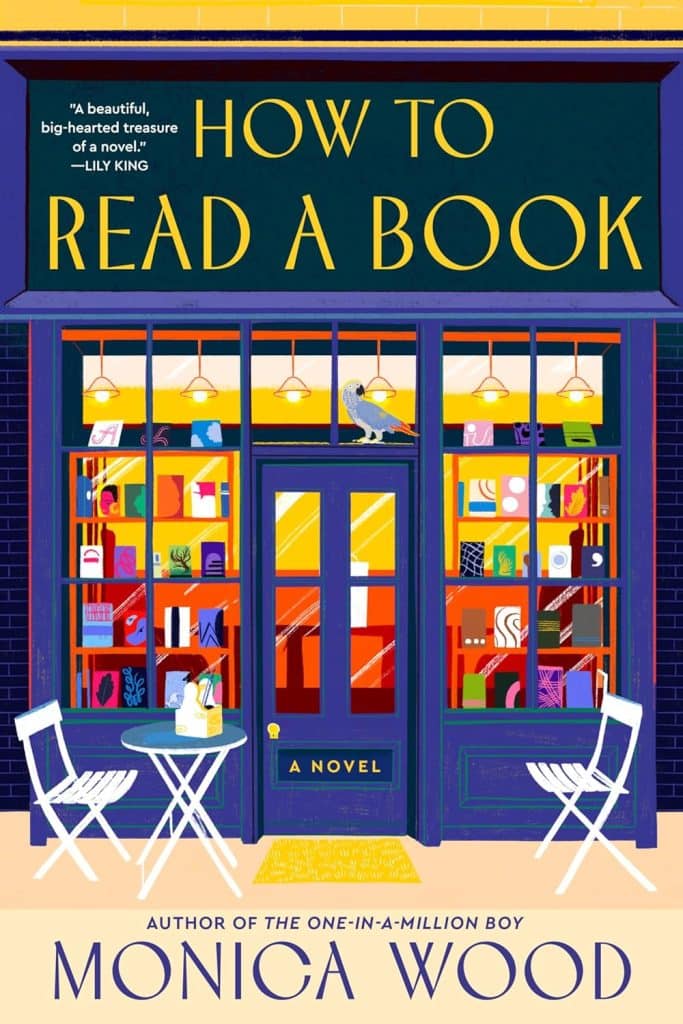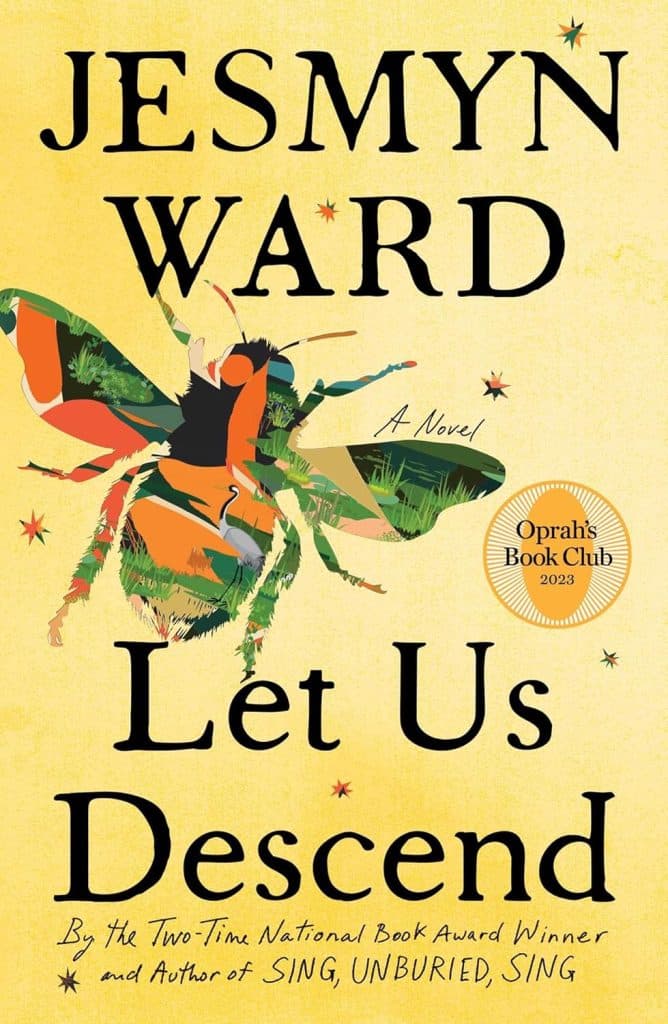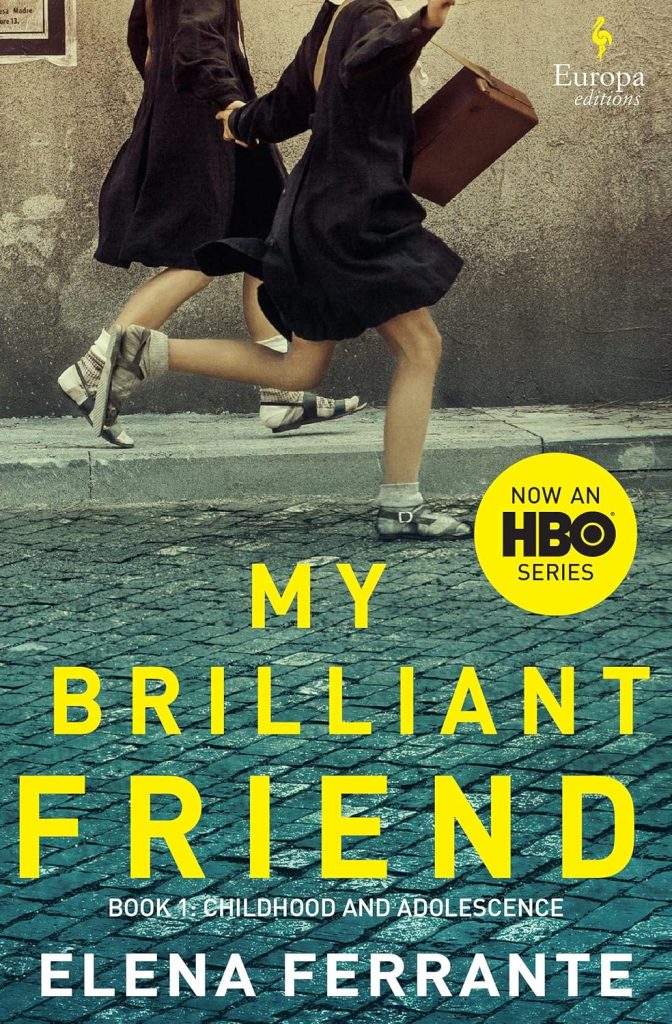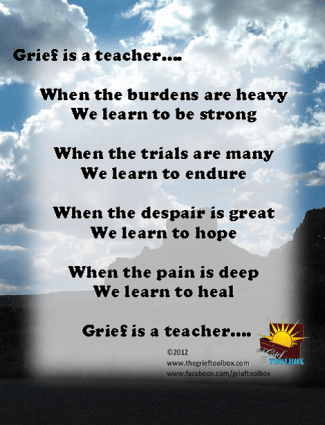
Grief is a Great Teacher
Estimated reading time: 1 minute, 21 seconds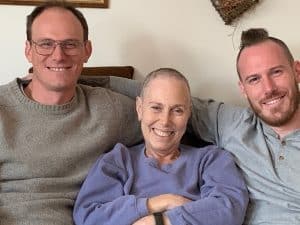 Before Jan died, I was convinced that I was a compassionate person.
Before Jan died, I was convinced that I was a compassionate person.
I worked to repair the world, donated as much as possible, and cared about family, friends, and neighbors.
Oh, how little I understood about life.
As I pray every week at Temple Sha’arey Shalom when we remember those we lost in this passage, one of our readings is:
Grief is a great teacher when it sends us back to serve and bless the living. We learn how to counsel and comfort those who, like ourselves, are bowed with sorrow. We learn when to keep silent in their presence and when a word will assure them of our love and concern.
Without training or support, I have helped other widows, shared Jan’s love, and supported financially and as a volunteer work to repair our broken world.
Another reading from Shabbat services,
Thus, even when they are gone, the departed are with us, moving us to live as, in their higher moments, they themselves wished to live. We remember them now; they live in our hearts; they are an abiding blessing.
Jan is still with me now and forever. Her love will never die!
The Jan Lilien Education Fund sponsors ongoing sustainability and environmental awareness programs. Gifts made this month; I will match dollar-for-dollar. All donations are tax-deductible.
I receive a commission when you buy a book or product using a link on this page. Thank you for supporting Jan’sng Jan’s Love blog.



